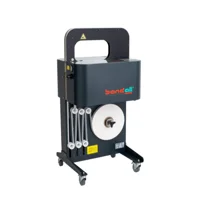When crisis struck, Hoogerbrug didn’t panic, they pivoted
For many years, Hoogerbrug focused on preparing and delivering fresh, ready-made meals to businesses, caterers, and institutions. Everything was smooth sailing, until the Covid-19 pandemic suddenly stopped the wind in their sails. The hospitality and catering industries shut down almost overnight. Customers could no longer attend functions, planned events were cancelled, and deliveries ground to a halt. Hoogerbrug was suddenly left with a daunting crisis and a stockpile of fresh meals at risk of going to waste.
Waste was not an option so Hoogerbrug decided to act quickly, seeking both a new destination for their meals and a way to maintain income amid a rapidly changing economy. Their answer? Supermarkets.
From temporary to permanent/fixed
What began as a crisis workaround soon proved to be a promising pivot. As it became evident that pandemic restrictions were here to stay, Hoogerbrug made a bold decision. They decided to shift focus from serving businesses, caterers, and institutions to supermarkets as their primary customer base. At the same time, the demand for fresh, ready-made meals in retail surged. Shops showed growing interest, and Hoogerbrug saw the perfect opportunity to build their brand and introduce their own label to the market. What started as a necessity quickly evolved into a scalable new business model.
But scaling came with its own set of hurdles. The manual process of applying bands with adhesive tape, once a quick fix, was no longer sustainable. Orders kept increasing, and the labor-intensive method ate up time and manpower that were urgently needed for actual meal production. Mistakes in packaging, such as misaligned or loose bands, began to affect product presentation and didn’t reflect the high standards Hoogerbrug stood for.
![]()
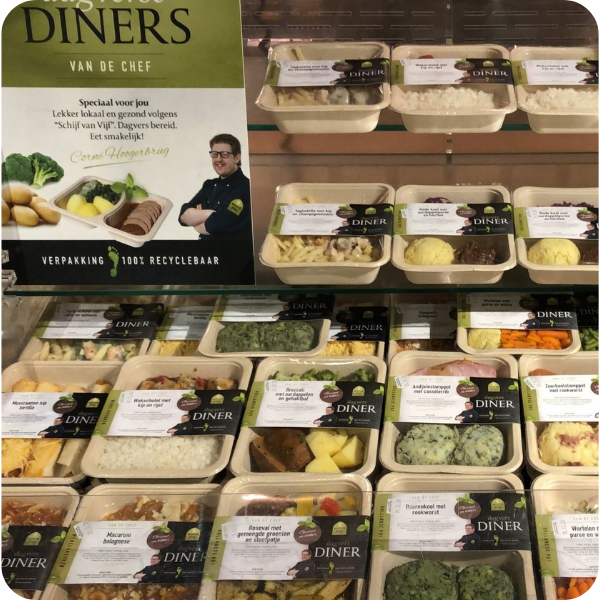
![]()
From slow and manual to quick and automated
Faced with rising demand and an inefficient packaging process, Hoogerbrug knew it was time for a smarter solution. They needed to speed up operations while maintaining the high presentation standards that had become a part of their brand identity. The manual method of taping bands was simply no longer viable. It was slow, inconsistent, and unsuited for scaling.
Their search for a more efficient, reliable banding process led them to Bandall. After carefully assessing their packaging needs and reviewing various solutions, Hoogerbrug chose a banding machine equipped with an integrated printer. This innovative system allowed for the automated and precise application of bands, ensuring consistency and professionalism. It also offer them on-demand printing directly on the bands, combining packaging and labeling into one seamless step.
Higher speeds, consistent packaging, and recognition
Since adopting the banding machine, Hoogerbrug has transformed its packaging process. What once required multiple hands and consumed valuable time is now streamlined and efficient. The result? Perfectly presented, consistently banded meals that meet both visual and operational standards.
Even more, the banding machine brought flexibility, allowing Hoogerbrug to package a variety of products regardless of their size or shape. It’s proof that even in times of uncertainty, smart packaging decisions can lead to measurable gains.
Hoogerbrug’s journey shows how a packaging challenge, whether sparked by crisis or growth, can lead to innovation, efficiency, and sustainability. In their story, automated banding wasn’t just a solution; it became a key to lasting success.
Make a difference. Go banding.
Are you looking to elevate your product branding or sealing?
Let’s connect and explore how we can optimize your packaging together!
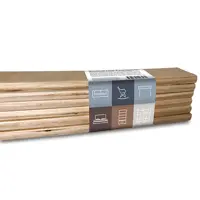
Applications of banding
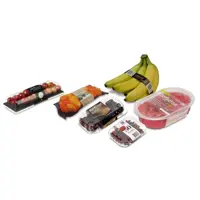
Benefits of banding
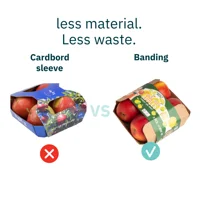
Banding vs. other solutions
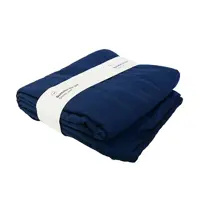
10 Reasons to switch to banding
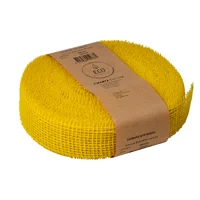
Zwartz - From shrink wrap to paper bands

Novatrade - Improved quality and efficiency
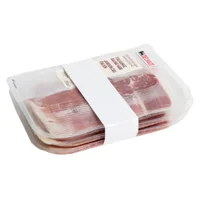
Packaging food products
